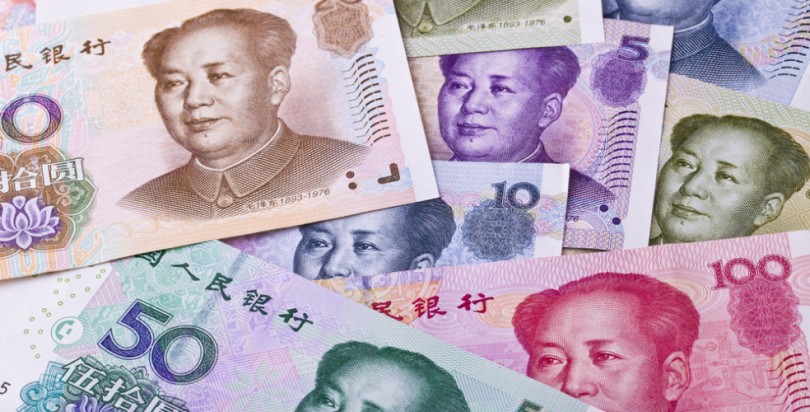Over the most recent decade, China has been making steady progress in opening up its financial markets to integrate them with the global systems and promoting the use of the Chinese currency renminbi globally. Measures like the Shanghai-Hong Kong Stock Connect, Shenzhen-Hong Kong Stock Connect, and the Bond Connect not only allow international investors to invest in securities listed on exchanges in China but also speed up the internationalization process of renminbi.
The recent announcement by the FTSE Russell, a unit of London Stock Exchange Group Plc, to include 1,200 Chinese A shares in phases in the FTSE Emerging Index starting from June 2019 is a positive development. After the completion of Phase 1, Chinese A shares would represent about 5.5% of the index and would bring an inflow of $10 billion of assets under management. Moreover, FTSE Russell has added Chinese government bonds to its watch list for possible inclusion into relevant indexes, and a decision will be made in either March or September 2019. Meanwhile, MSCI, a global provider of equity indexes, after adding 230 Chinese big-caps to its flagship indexes in June 2018, is considering quadrupling the weighting of Chinese stocks in some of its indexes in two stages. An announcement about the decision will be made by the end of February 2019. If all the above-mentioned proposals got approved, the impact on the usage of renminbi would be meaningful in view of the amount involved.
The Chinese government and its central bank, the People’s Bank of China, have been loosening their grip on the renminbi by tolerating market forces to play a role in determining its value relative to other currencies. If this practice continues and the extent of control diminishes or even eliminated, the renminbi will become more attractive to international investors and more widely accepted globally.





The More Open Belt and Road Initiative the Bigger